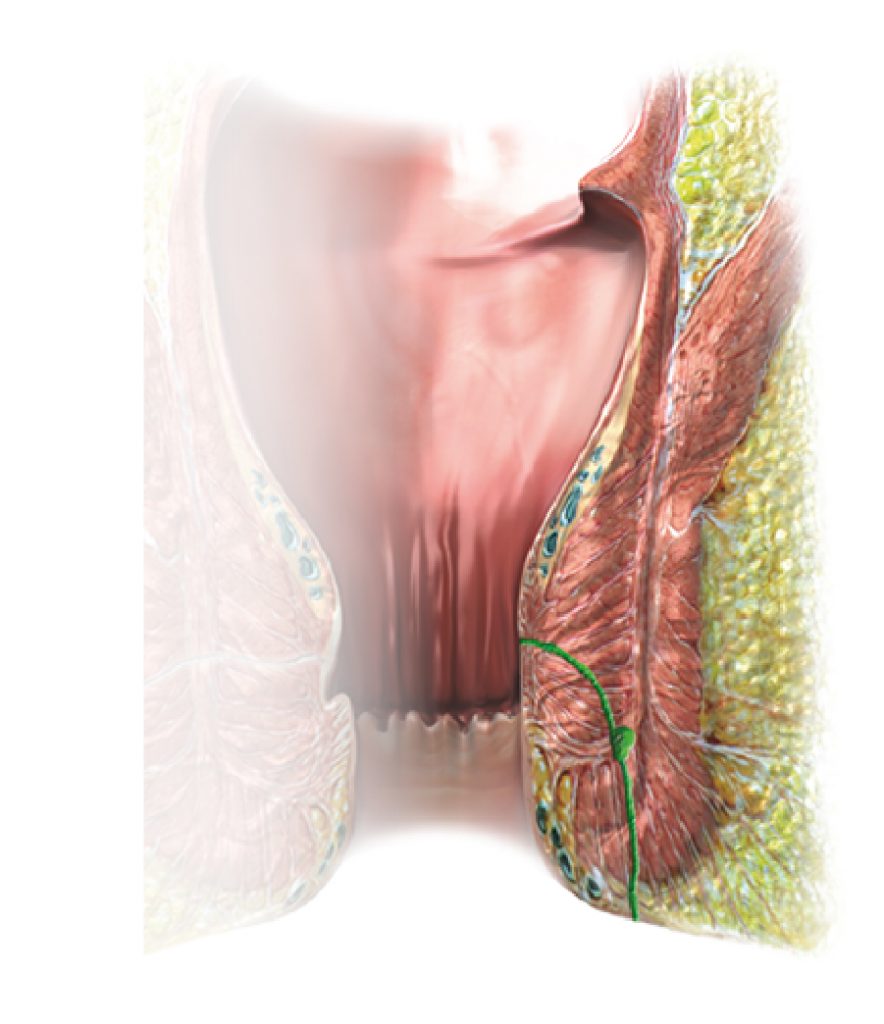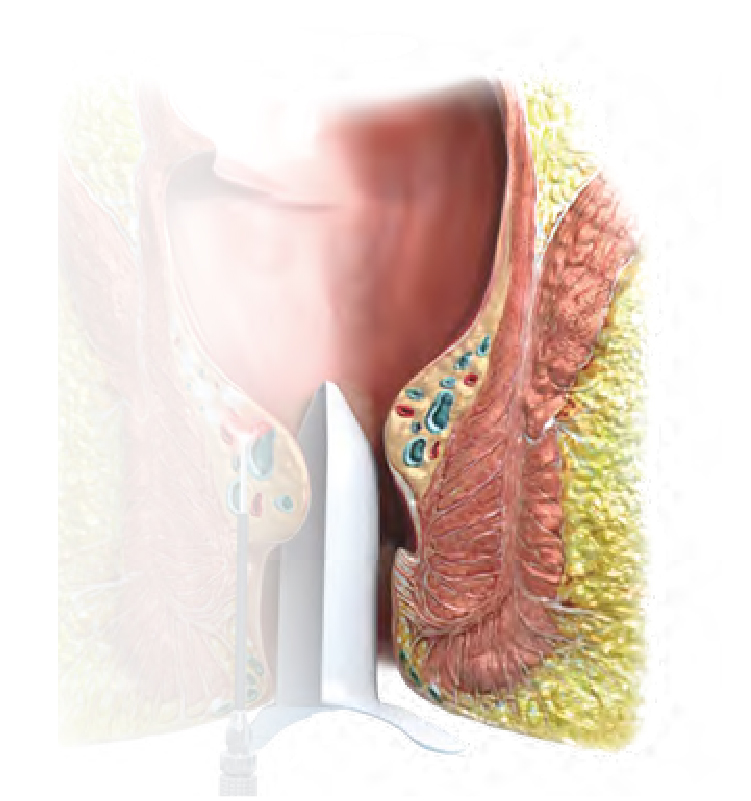The General Surgery department provides preoperative evaluation; operative and non-operative management and part operative care for adults with the widest variety of surgical disorders. Our mission to continue being at the cutting edge of technology and advancement and to establish close links and co-operations with other European surgical departments.Our hospital providing full time service by general surgery specialists perform surgical procedures in three main categories as the General, Emergency and Accident Surgery. Our hospital provides healthcare and surgical services in all fields including thyroid (goiter), esophagus, diaphragm, stomach, small and large intestinal surgery; liver, gall bladder (open and closed surgeries) as well as surgical treatment for oncologic and non - oncologic diseases of the spleen and pancreas. In addition, our hospital providing surgical healthcare for hemorrhoids, fissures, pilonidal sinus (dermoid cysts) and varicose also performs diagnostic and treatment related interventions in abdominal trauma, abdominal syndromes, gallbladder, stomach and appendix as well as hernia, using the latest technology endoscopy equipment. The following are among the procedures performed by our General Surgery Department:
- Diseases of the thyroid gland (goiter, hyperthyroidism)
- Breast cancer and benign breast diseases
- Colon – rectal tumors, inflammatory diseases
- Surgical diseases of the small intestine, intestinal obstructions
- Hepatic diseases
- Diseases of the pancreas
- Gallbladder and bile duct calculi
- Surgical diseases of the spleen
- Accidents, downfalls and injuries
- Anal – rectal diseases
- Dermoid cysts (Pilonidal Sinus),
- Hernia
- Varicose
- Various subcutaneous masses and blisters, (lymphatic) glands
General surgeons are surgical specialists who do a wide range of operative procedures.
- Intra-abdominal organs including small and large intestine, stomach, gall bladder and biliary track
- Breast surgery for both malignant and benign conditions
- Thyroid and parathyroid surgery
- Hernia surgery
- Soft tissue tumours
General surgeons at Evangelismos Hospital use minimally invasive techniques (e.g. laparoscopic surgery) for many procedures including gall bladder surgery, hernia repairs, colon surgery, appendectomy and splenectomy.
Cancer Surgery
The Surgery Program works closely with the skilled professionals across our hospital programs to provide you with the very best care.
Colon Cancer
A treatment option for colon cancer includes minimally invasive surgery (laparoscopic), where appropriate.
We are increasing the number of endoscopies (a test that looks inside the body) we do so patients can access health care services faster.
Breast Cancer
Our physicians use breast-conserving surgery whenever possible, combined with the use of sentinel node biopsy. When needed, plastic surgeons are involved in reconstructive procedures.
LHP® - Laser Hemorrhoidoplasty (Dr. Panagiotis Antonakas)
Minimally Invasive Therapy for hemorrhoids
This approach is used for the treatment of advanced hemorrhoids under appropriate anesthesia.
The energy of the laser is inserted centrally into the hemorroidal node. By this technique the hemorrhoid can be treated according to its size without causing any damage to the anoderm or mucosa.
Applications
- Hemorrhoids – Stage II – IV
Advantages
- Local Anesthesia (90%)
- Less Pain
- Outpatient (no hospitalization)
- No stich
- No open wound
- No stenosis
- No incontinence
- Non touch of anoderm
- No foreign body insertion (no clamp complications)
- Less complications
- Several repetitions or combination with other methods possible
FilaC® - Fistula – tract Laser Closure (Dr. Panagiotis Antonakas)
Minimally Invasive Treatment for Anal Fistula
The aim is to gently remove the fistula tract without damaging the sphincter. Thus, any parts of the muscle are preserved to a maximum and incontinence is avoided.
Treatment Principle
- Sphincter – saving Technique
- Closure (shrinkage) of fistula tract with a Radial Laser Fiber (360﮿)

Advantages
- Destruction of the epithelial layer and hence direct collapsing of the fistula tract
- Optimized protection of the muscle (s) – since no cutting, no excision
- Can be combined with other forms of therapy
Other possible proctology applications of the biolitec® laser and fibers
- Sinus pilonidalis
- Skin tags
- Fissures
Department Doctors:
Dr. Panagiotis Antonakas MD,FACS
Dr. Aristos Georgiou
Dr. Christos Petridis
Dr. Stelios Kakogiannis
Dr. Savvas Chirides


